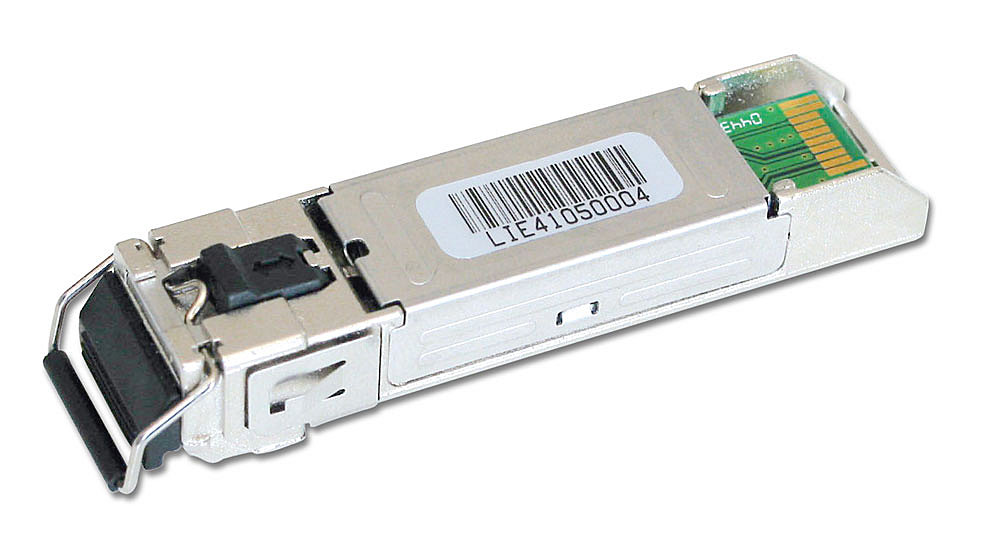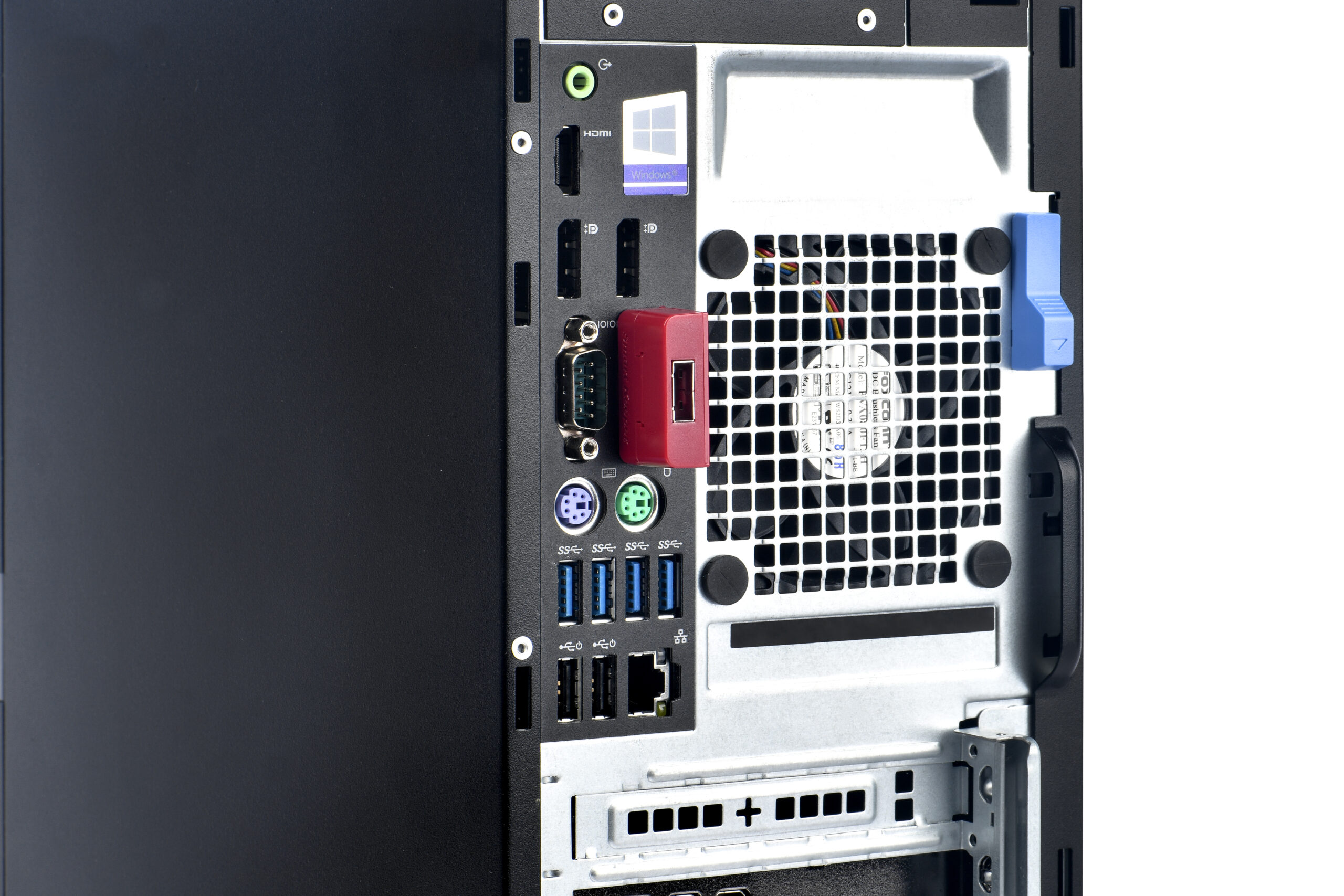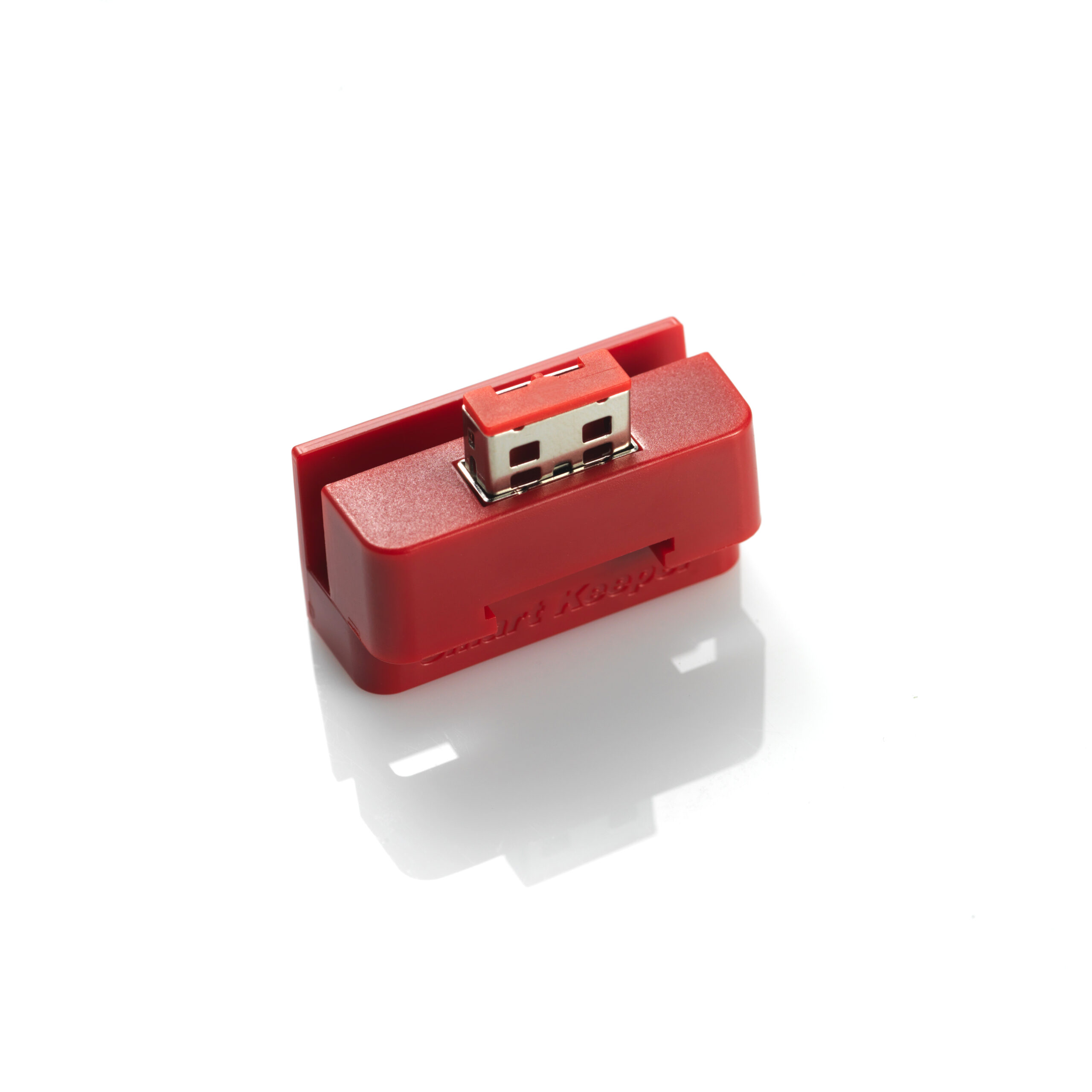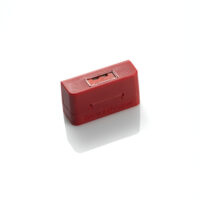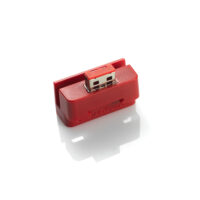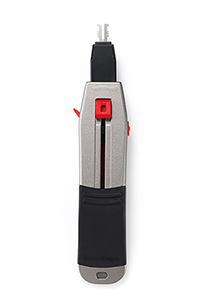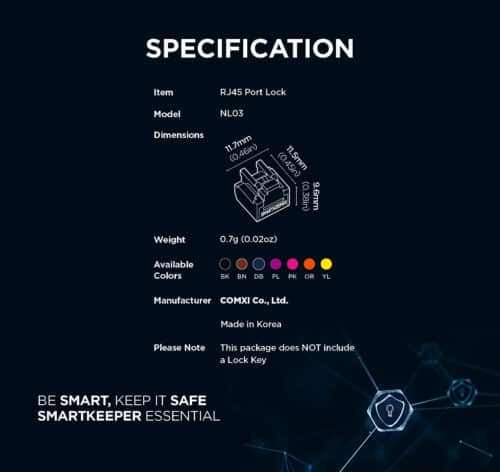Description
Smart Keeper DB9 Serial Port Lock
DB9 connectors are sometimes called a “legacy” of earlier generations of computers and peripherals, because they have been supplanted by USB, PS/2, FireWire, and other forms of interface. Still, they appear in the workplace commonly even now, because D-subminiature connectors – including the DB9 serial port – were a longtime standard for connecting controls such as keyboards, mice, and joysticks, as well as peripheral devices such as projectors and network connections. The DB9 serial port is still an important interface for serial communication in many data networks and information systems, so making sure their legacy is not a legacy of insecurity is an important part of completing your cybersecurity perimeter.
The DB9 serial port got its name from the D-shape of the frame or “shell” around the connection, the B designation of its size, and the nine pins arranged in two rows that form the basis of connection. Male and female shells are flanked by thumb screws that can secure the connection against torque, tug, or strain, holding the connection in-place.
It is, perhaps, this “belt and suspenders” emphatic approach to making sure the connection stays connected that still sets the DB9 serial port apart from other configurations that have become more popular in current designs. When you put a DB9 serial port in place, it stays in place.
Yet, when a DB9 serial port is open, it is just as inviting for any kind of contamination that might threaten your vital data networks or information systems as an open USB or FireWire port might be. It doesn’t take a sinister sabotage effort to corrupt that system, either. Research and practical experience alike confirm that casual contamination from “innocent” improvisation or insertion of personal devices, from known associates, can be just as serious a threat to the integrity and security of your data.
Security for Production as Well as Data
Threats to your process, even downstream from your data systems, are still another reason to protect those open DB9 serial port. Computer-aided manufacturing (CAM) often depends on CNC – computer numerical control – and the connections that make these machines run to program are often made through DB9 serial port. Through them, digitized specs are used to control, automate, and monitor the movements of a machine. The machine so governed could be a milling machine, lathe, router, welder, grinder, laser or waterjet cutter, sheet metal stamping machine, or robot.
The cost of any disruption in controls such as those might be calculated in dollars-per-second. All the more reason to make the Smart Keeper DB9 Serial Port Lock part of your plan for data security.
Click here to see how the Smart Keeper DB9 Serial Port Lock lines up as an integral part of the complete line of cybersecurity devices you can put to work immediately from Smart Keeper. It is our mission to help you secure the open front door of the digital networks and information systems on which we all depend today. Strangely overlooked in most operations, the physical dimensions of cybersecurity demand the devices we provide.
